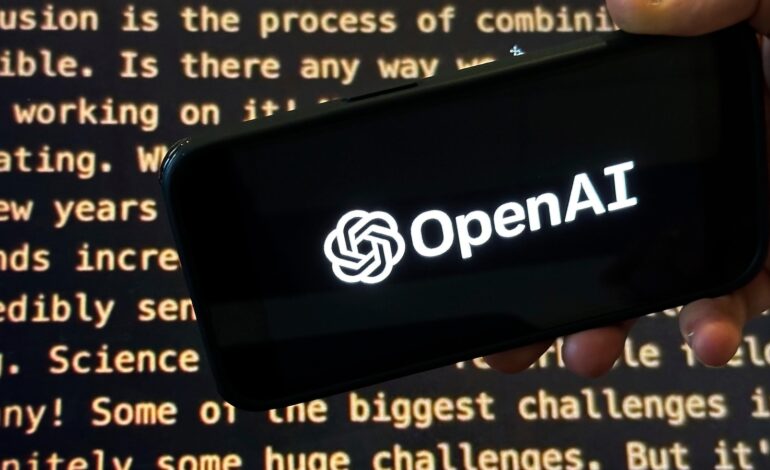Former OpenAI Employees Challenge For-Profit Conversion in California and Delaware
Former employees of OpenAI are raising concerns over the company’s potential shift to a for-profit model. They have called upon the Attorneys General of California and Delaware to prevent this conversion, fearing it may compromise OpenAI’s foundational mission. This article explores the implications of such a change and its impact on the tech industry.
Background of OpenAI’s Not-for-Profit Beginnings
OpenAI was initially founded as a non-profit organization with the mission of promoting and developing friendly AI for the betterment of humanity. Its non-profit status was intended to ensure that AI advancements aligned with ethical guidelines rather than solely profit motives.
Concerns Over the For-Profit Conversion
Ex-employees argue that a for-profit conversion might prioritize profit over OpenAI’s original mission. They view this shift as potentially harmful, fearing it could lead to ethical compromises, reduced transparency, and a focus on commercial interests over responsible AI development.
The Role of State Attorneys General
The involvement of state attorneys general, particularly from California and Delaware, could play a crucial role in scrutinizing and potentially blocking OpenAI’s conversion. The legal perspective focuses on ensuring compliance with state laws and protecting the original mission’s integrity.
Implications for the Wider AI Industry
This case exemplifies broader industry dilemmas around balancing innovation with ethical considerations. As AI becomes increasingly integral across various sectors, maintaining a commitment to ethical practices while pursuing financial viability remains a pressing issue for many AI companies.
Conclusão
In conclusion, the former OpenAI employees’ request to block the conversion to a for-profit model highlights significant concerns about the future direction of AI research. Their actions underscore the importance of maintaining ethical standards and the original mission in the rapidly evolving AI landscape, reflecting broader industry trends and challenges.





